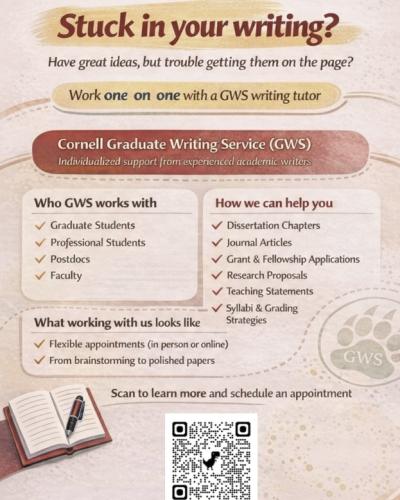The tragic events of the past several days have overwhelmed us all, whether we think of our own campus or our fellow citizens in Minnesota, or Tennessee, or communities everywhere. The Vice Provost for Undergraduate Education has suggested that instructors can help students to navigate these traumatic times by taking account of their mental and emotional well-being and modifying plans and goals for the remainder of the semester. I offer here an outline of a template for some concrete steps you could consider taking in your First-Year Writing Seminar.
Under pandemic/online conditions, the guidelines for FWSs were already reduced to a minimum of four distinct essay assignments. Thus, your semester will already have been designed with some accommodation in mind. Moreover, at this relatively late point in the term, your students may already be working on a final essay or are about to start on it. You are not facing a binary choice of either jettisoning this assignment altogether in favor of something else or going forward exactly as planned. It is not necessarily too late to make supportive changes. There is nothing magical or infallible about any specific number of “essay assignments,” pages, or words. And there are not many class meetings left after the “wellness” break, so it is worth considering carefully the pressures accumulating on your students. We make no prescriptions here: we are only suggesting that you have the license and authority to rework your plans in ways that can support students’ well-being along with their learning. Among your options are scaling down/scaling back, or returning to previous work for further revision and reflection.
One unbreakable principle: no work should be assigned during the “wellness” pause.
Before outlining a few concrete examples, let me state a set of priorities you might keep in mind as we move toward the end of this difficult semester. You can be explicit about these with your students. Consider emphasizing:
- Quality over quantity
- Consolidation/metacognition over breaking new ground
- Habits/strategies over word/page counts
- Process over product
- Engagement over “attendance” (Allow “video off”! Asynchronous work may relieve pressures.)
- Revision and reflection over new composition
- Lower-stakes over higher-stakes writing
- Response and feedback over “grading”
- Future writing: “transfer” and adaptation of skills into other disciplinary contexts
It may take some investment of time and ingenuity to recast an assignment prompt or invent an alternative. But it’s worth doing to support your students. Feel free to contact me (df259@cornell.edu) if you would like to consult on an assignment or strategy.




